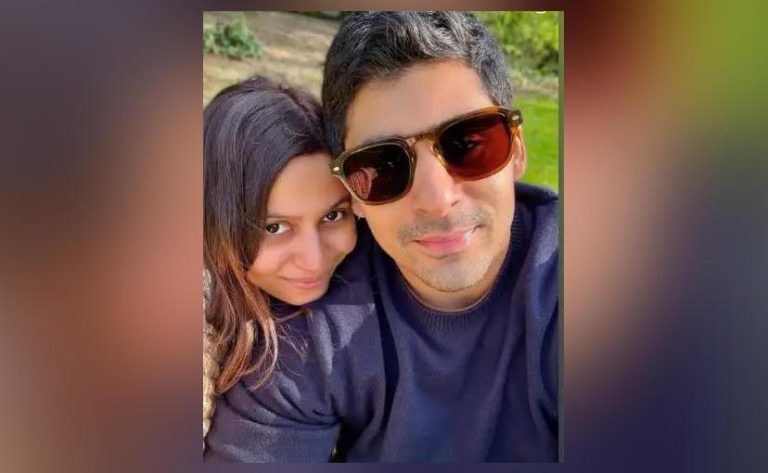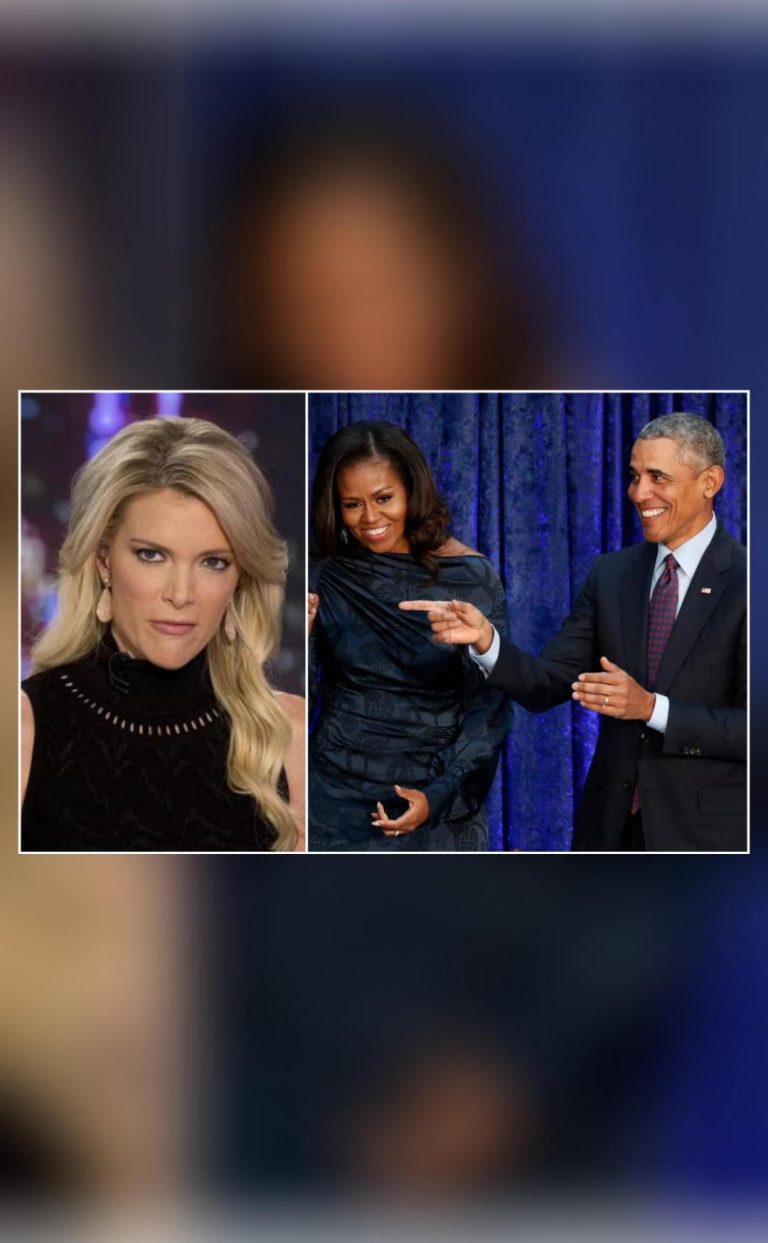
Against the act, not Orry: Shardul on Vaishno Devi alcohol case
Recently, social media was abuzz with the news of influencer Orhan Awatramani, better known as Orry, consuming alcohol at the revered Vaishno Devi shrine in Jammu and Kashmir. The video of the incident sparked widespread outrage and condemnation, with many calling out Orry for his thoughtless and disrespectful behavior. In response, RJ Shardul Pandit shared a video on Instagram expressing his concerns over the incident and its implications, sparking a heated debate on celebrity privilege and social responsibility.
In his video, Shardul began by saying that he is not against Orry, but rather against the act itself. He emphasized that Orry’s actions were not just unacceptable but also set a bad example for his young fans, who look up to him as a role model. Shardul questioned whether becoming a celebrity gives someone a “hall pass” to do anything they want, without considering the consequences or repercussions.
Shardul’s words struck a chord with many, who felt that Orry’s actions were not only disrespectful to the shrine and its devotees but also a slap in the face of the values of humility and sensibility that are expected of public figures. The RJ’s comments were particularly relevant in the context of India, where celebrities often enjoy a certain level of undeserved privilege and are often expected to set a good example for their fans.
The Vaishno Devi shrine is a revered and sacred place for millions of devotees, particularly women, who come to pray for divine blessings and solace. The shrine is known for its serene and peaceful atmosphere, and any act of disrespect or profanity is considered a sacrilege. Orry’s actions, therefore, were not only unacceptable but also hurtful to the sentiments of millions of devotees who have faith in the shrine.
Shardul’s comments also highlighted the issue of celebrity privilege, which often gives celebrities the freedom to do and say whatever they want, without being held accountable for their actions. Orry’s case is a classic example of this phenomenon, where a celebrity can get away with almost anything, simply because of their fame and influence.
However, Shardul’s stance on the issue is not without its critics. Some have argued that Orry’s actions were a personal choice and that he should not be judged or criticized for it. Others have argued that the celebrity is entitled to their privacy and that the public has no right to dictate what they do or say.
But Shardul’s point is well-taken. As a celebrity, Orry has a responsibility to his fans and to the public to behave in a manner that is respectful and considerate of others. His actions may have been a personal choice, but they had far-reaching consequences that affected not just himself but also his fans and the wider public.
In the end, Shardul’s comments on the Orry controversy serve as a timely reminder of the importance of social responsibility and accountability, particularly for public figures. As celebrities, we have a duty to set a good example, to inspire and to uplift, rather than to scandalize and to disappoint.
As the debate on celebrity privilege continues to rage on, Shardul’s words offer a much-needed dose of reality and common sense. It is time for celebrities like Orry to take a step back and to reflect on their actions, and to remember that they are not above the law or above public scrutiny.






